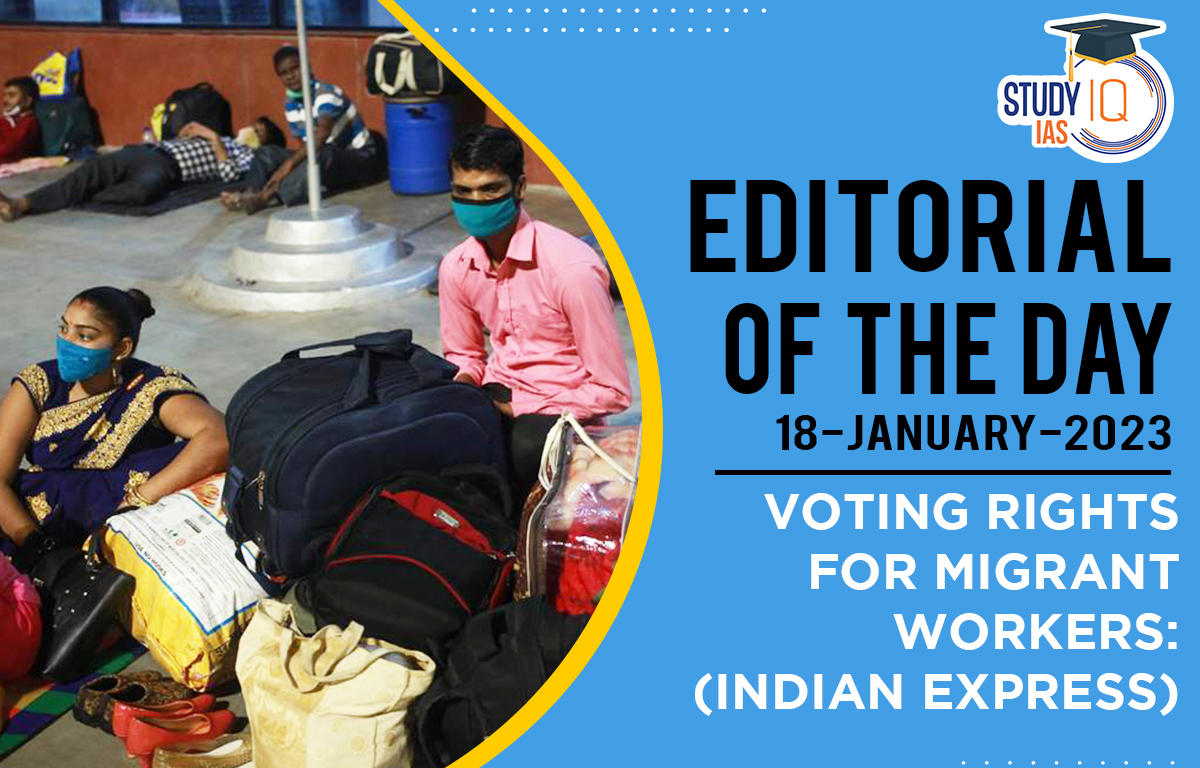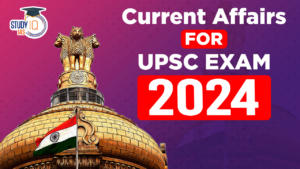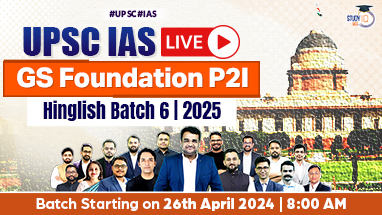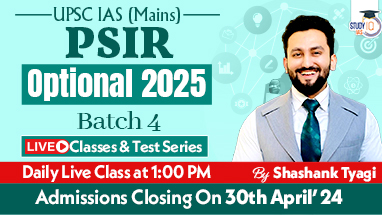Table of Contents
Exam View: Governance, Transparency & Accountability, Citizens Charters, Representation of People’s Act, Election commission of India.
In News: The former chief election commissioner of India writes about the issue relating to the voting rights of migrant workers.
More on Voting Rights for Migrant Workers
- It is a very worrying sign that a third of the eligible voters, a whopping 30 crore people, do not vote.
- Among the many reasons, such as urban apathy and geographical constraints, one prominent reason is the inability of internal migrants to vote for different reasons.
Issue of Migrant Worker Voting Rights
- Constitutional right: The Constitution guarantees freedom of movement to every citizen and freedom to reside in any part of the country. Their movement cannot be considered a reason for not extending them voting right.
- Least representation: Migrant workers, especially circular or short-term migrants, are some of the least represented groups on the ballot.
- Lack of access: Issue of disenfranchisement faced by migrant workers is not one arising out of deliberate denial of the right to vote but due to lack of access to voting.
- Supreme Court’s opinion: The Supreme Court, in a series of cases, has conclusively interpreted the freedom to access the vote as within the ambit of Article 19(1) (a).
Efforts by the Election Commission of India (ECI) to Enfranchise Migrant Voters
- Committee of Officers on Domestic Migrants by ECI: The Committee’s report submitted in 2016 suggested a solution in the form of “remote voting”.
- Opinion of Political Parties: EC invited representatives from all recognized national and state political parties to discuss the legal, administrative, and statutory changes to resolve the issue.
- The discussion took place in the presence of a technical expert committee.
Problems Related to Migrant Workers and Voting
- Residency qualification: The root cause of the migrant voters’ issue is that the individual’s right to vote is conditioned by a rather strict residency qualification. As a consequence, it tends to disenfranchise the migrant population.
- A study found that close to 60 percent of respondents had missed voting in elections at least once because they were away from home seeking livelihood options.
Way Forward
- Electronically Transmitted Postal Ballot System (ETPB): Section 60(c) of the Representation of People Act, 1951 empowers the Election Commission of India to notify “classes” of voters who are unable to vote in person at their constituencies owing to their physical or social circumstances.
- Once notified, these classes of voters are eligible for the ETPB system.
- Postal ballots for migrants: The postal ballot voting outside the constituency is available only to service voters, persons on election duty, and persons on preventive detention. This can be extended to migrant voters.
- Remote electronic voting machine: The Election Commission has proposed the use of remote voting for migrant workers wherein a modified version of the existing model of M3 EVMs will be placed at remote polling stations.
- This modified EVM can handle 72 constituencies in a single remote polling booth.


 Heat Action Plans, Recommendations of HA...
Heat Action Plans, Recommendations of HA...
 Current Affairs 19th April 2024 for UPSC...
Current Affairs 19th April 2024 for UPSC...
 Private investment, Trend in India, and ...
Private investment, Trend in India, and ...

















